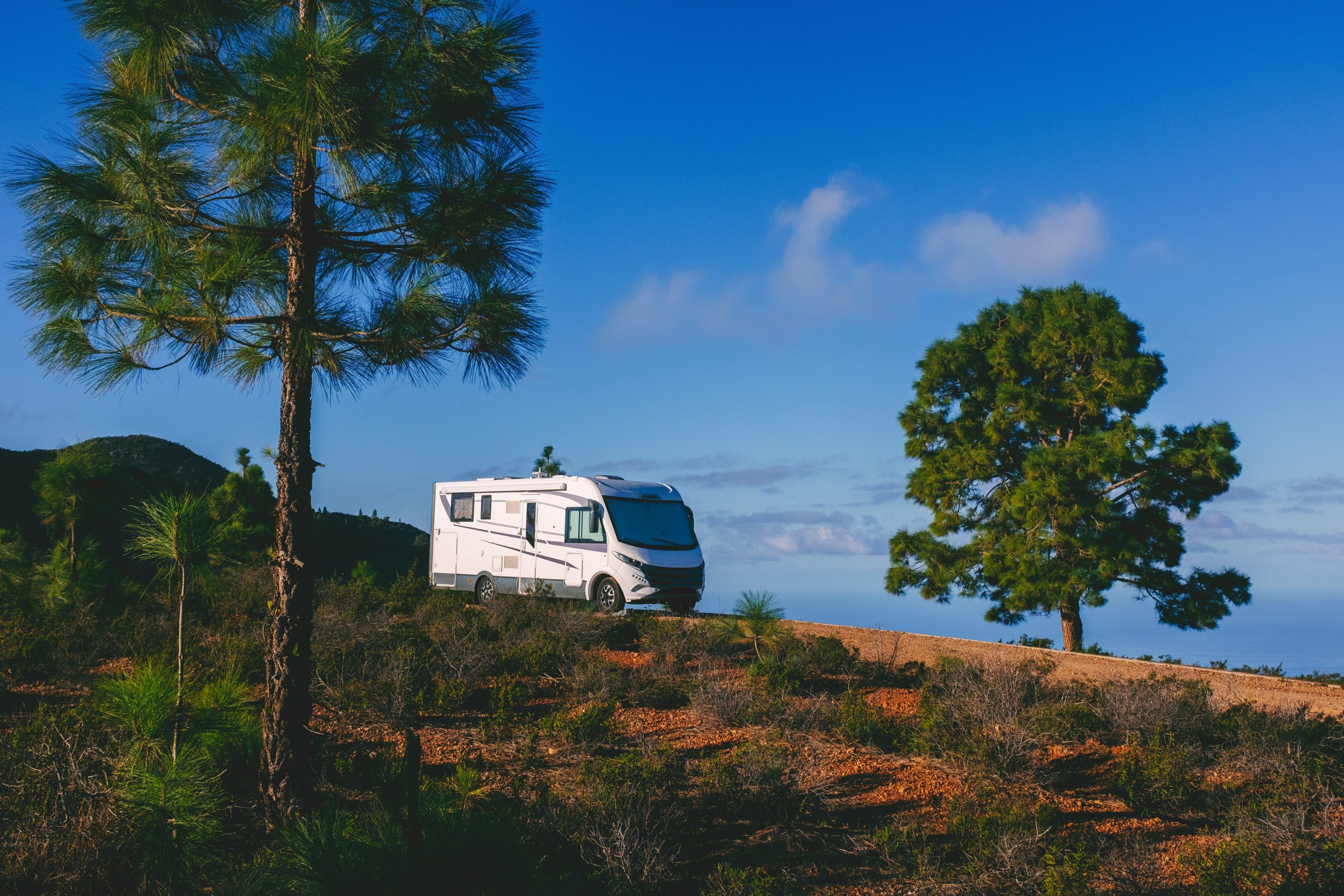Living off-grid offers independence and sustainability, but it also comes with the responsibility of being prepared for emergencies. Without the immediate access to public utilities and services that city dwellers enjoy, off-grid residents must ensure they are well-equipped to handle potential disasters or crises, from severe weather events to medical emergencies. Here’s a guide to help you create an emergency preparedness plan for off-grid living, ensuring you and your family stay safe and resilient no matter what comes your way.
1. Stockpile Essential Supplies
One of the most critical aspects of emergency preparedness is having an adequate supply of essentials. Without immediate access to grocery stores or medical facilities, off-grid residents need to stock up on food, water, and other supplies.
- Non-perishable food: Keep at least a two-week supply of non-perishable food items such as canned goods, grains, dried fruits, and protein sources like beans or freeze-dried meals. Be sure to rotate your food storage regularly to keep items fresh.
- Water: Access to clean water is vital. Store enough water for drinking, cooking, and hygiene—plan for at least one gallon per person per day for two weeks. Consider installing rainwater collection systems or having a water filtration method in place.
- First-aid kit: Build a comprehensive first-aid kit that includes over-the-counter medications, bandages, antiseptics, and any prescription medications you or your family members need. If possible, take a basic first-aid course to prepare yourself for minor injuries or emergencies.
Tip: Don’t forget pet supplies if you have animals—stock up on food, water, and any medications they may need.
2. Reliable Power Backup Systems
When living off-grid, your primary source of power may come from solar panels, wind turbines, or hydropower. However, these systems can be disrupted during extreme weather events or equipment failures. A reliable backup power system is essential to ensure you’re not left without electricity when you need it most.
- Generators: Invest in a generator that runs on fuel such as propane, gasoline, or diesel. Make sure you store enough fuel to run the generator for several days, and check it regularly to ensure it’s in good working condition.
- Battery banks: If you rely on renewable energy, having a well-maintained battery bank is crucial. This ensures you can store excess energy for use during extended periods of cloud cover or low wind.
- Portable solar chargers: Keep portable solar chargers for smaller electronics like phones, radios, or rechargeable flashlights in case your main power system is down.
Tip: Test your backup power systems regularly and include maintenance routines in your preparedness plan.
3. Emergency Communication
In an off-grid setting, communication can be more difficult during emergencies, especially if cell service is limited or unavailable. Having alternative ways to stay informed and in contact with the outside world is essential.
- Two-way radios: Invest in two-way radios or HAM radios to stay in touch with neighbors or emergency services if regular communication methods are down.
- Weather radios: A battery-powered or hand-crank NOAA weather radio can provide you with critical updates during storms or natural disasters, even when other communication devices fail.
- Satellite phones: If you live in a particularly remote area, a satellite phone may be a smart investment. These phones work anywhere in the world, regardless of local infrastructure.
Tip: Familiarize yourself with emergency frequencies and local communication networks in case of a disaster.
4. Prepare for Extreme Weather
Off-grid living often puts you in remote locations, which can be more vulnerable to extreme weather conditions like hurricanes, wildfires, or winter storms. Being prepared for such events is crucial to staying safe.
- Insulate your home: Make sure your home is well-insulated to withstand both hot and cold weather. This includes proper insulation in walls, ceilings, and windows, as well as weatherproofing doors and gaps.
- Fire safety: If you live in an area prone to wildfires, create defensible space around your property by clearing away flammable materials like dry brush or dead trees. Keep fire extinguishers, water hoses, and fire blankets on hand in case of a nearby fire.
- Winter readiness: In colder climates, ensure you have alternative heating sources like wood-burning stoves, and stock up on firewood or other heating fuel. Keep shovels, ice melt, and warm clothing in easily accessible areas.
Tip: Develop an evacuation plan for extreme weather, mapping out escape routes and having go-bags packed with essentials in case you need to leave quickly.
5. Self-Sufficiency in Medical Care
Access to medical care can be delayed in off-grid living situations, especially in remote areas. It’s essential to be as self-sufficient as possible when it comes to health and medical emergencies.
- First-aid skills: Take a first-aid and CPR course so you’re prepared to handle injuries like cuts, burns, or broken bones. Having the knowledge to stabilize a situation until professional help arrives can be life-saving.
- Medical supplies: Along with a basic first-aid kit, consider stocking up on medical equipment like a blood pressure monitor, thermometer, and any other devices necessary for ongoing health conditions.
- Telemedicine options: Many healthcare providers now offer telemedicine services, which can be a useful option if you need medical advice but can’t make it to a hospital or doctor’s office.
Tip: Keep a list of emergency contacts, including healthcare professionals, neighbors, and local emergency services, and make sure everyone in your household knows where to find it.
